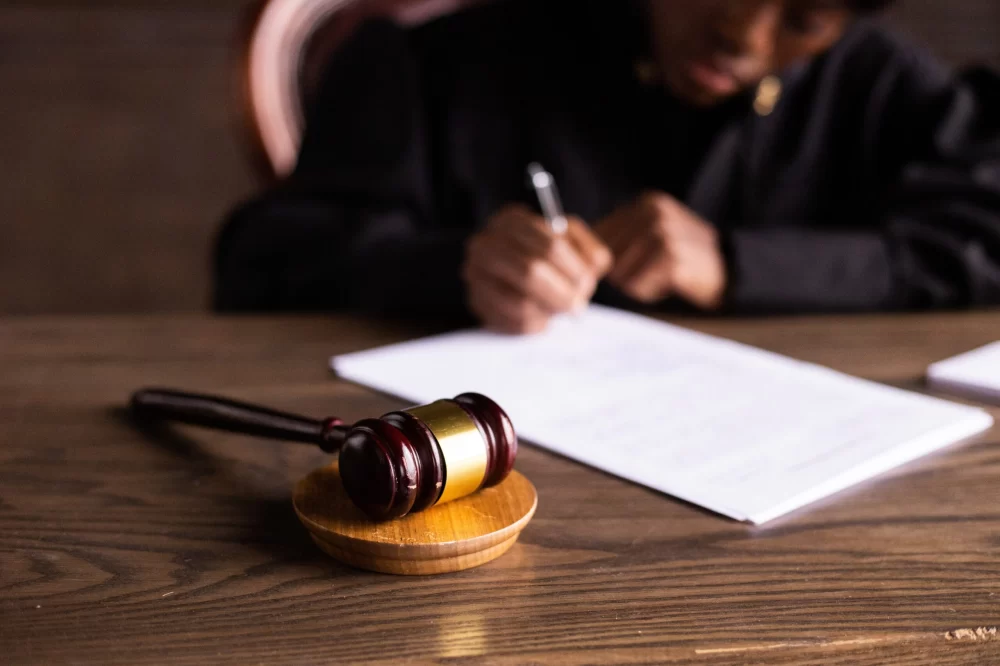
- Understanding-Creditors-Rights-in-Hospitality-Bankruptcies
- Key-Challenges-Creditors-Face-in-Hospitality-Bankruptcies
- Protecting-Creditor-Interests-During-Bankruptcy
- Case-Study-Hospitality-Bankruptcy-Creditor-Outcome
- How-ESPLawyers-Can-Help-Creditors-in-Bankruptcy
Understanding Creditor’s Rights in Hospitality Bankruptcies
When a hospitality business files for bankruptcy, creditors often face a complex and uncertain process in recovering debts owed to them. Creditor’s rights in hospitality bankruptcies are a vital topic for suppliers, lenders, landlords, and other parties who extend credit or services to hotels, restaurants, and related businesses. These rights define how creditors can assert claims, their priority in repayment, and protections under bankruptcy laws.
The Unique Landscape of Hospitality Bankruptcies
Hospitality companies often operate with tight margins and significant operational costs, making them vulnerable to financial distress. Bankruptcy proceedings in this sector can be particularly complicated due to leased properties, seasonal cash flow, and multiple layers of secured and unsecured creditors.
Types of Creditors and Their Standing
Understanding the difference between secured and unsecured creditors is crucial. Secured creditors hold collateral backing their claims, giving them priority in repayment. Unsecured creditors, such as vendors or service providers, typically face greater risk and may receive limited recovery.
Key Challenges Creditors Face in Hospitality Bankruptcies
Creditors in hospitality bankruptcies often confront significant hurdles that impact their ability to collect owed debts.
1. Competing Claims and Creditor Priority
Multiple creditors may vie for repayment, creating conflicts over priority. Bankruptcy courts follow strict rules determining which claims are paid first, often favoring secured creditors and administrative expenses.
2. Rejection of Contracts and Leases
Bankruptcy laws allow hospitality debtors to reject executory contracts and leases, which can harm creditors dependent on ongoing agreements, such as suppliers or landlords.
3. Delay in Payment and Uncertainty
Bankruptcy proceedings can be lengthy, leaving creditors waiting months or years to receive any payment, if at all. This delay impacts business cash flow and operational planning.
Protecting Creditor Interests During Bankruptcy
Filing Proofs of Claim
One of the most critical steps creditors must take is timely filing a proof of claim. This legal document asserts the amount owed and the basis of the claim, preserving the creditor’s right to participate in the distribution of bankruptcy assets.
Negotiating and Monitoring the Bankruptcy Process
Active involvement in bankruptcy proceedings is essential. Creditors should attend hearings, negotiate with debtors or trustees, and seek legal advice to protect their interests.
Securing Collateral and Enforcing Rights
For secured creditors, maintaining and enforcing collateral rights is paramount. Understanding the nuances of hospitality assets, such as equipment or intellectual property, can influence recovery potential.
Case Study: Hospitality Bankruptcy and Creditor Outcome
In a recent high-profile case, a regional hotel chain filed for bankruptcy amid financial strain caused by market downturns. A major supplier, initially an unsecured creditor, faced the risk of losing substantial receivables. By promptly filing a proof of claim and engaging legal counsel, the supplier negotiated a partial repayment plan approved by the court, recovering a significant portion of the debt.
This case highlights the importance of understanding creditor’s rights in hospitality bankruptcies and proactive legal strategy to maximize recovery.
How ESPLawyers Can Help Creditors in Bankruptcy
Navigating creditor’s rights in hospitality bankruptcies requires specialized legal knowledge and experience. ESPLawyers offers expert guidance tailored to creditors’ unique challenges in this sector. From filing claims to negotiating settlements and enforcing rights, their professionals provide practical solutions to protect your financial interests.
If you are a creditor dealing with a hospitality bankruptcy, consulting ESPLawyers can make a crucial difference in securing your claims and achieving the best possible outcome.








